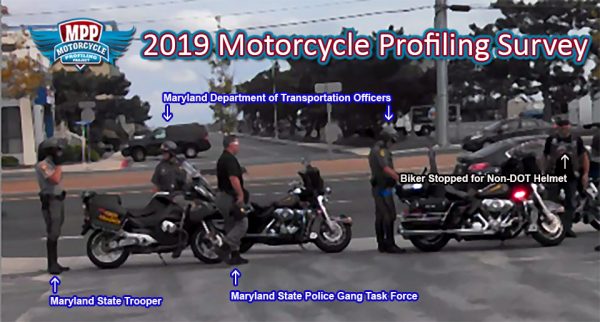from https://www.rappler.com The online platform industry – which is easy to enter, is relatively inexpensive, and is clearly innovative – is simply for now, difficult to regulate In our view, there is enough ambiguity in the law that allows for a provisional framework in regulating motorcycle taxis. A similar approach was used in dealing with Uber and Grab when they began operating in the Philippines. Even without a law, the LTFRB established a system to regulate Transportation Network Companies (TNCs) and Transportation Network Vehicle Services (TNVS) that continues to be the regulatory framework for that type of service today. The emergence of motorcycle taxis in the past few years has created a lot of debate. Replete with controversies, the motorcycle taxi business has battled car owners and drivers, law enforcers, and regulators. Some argue that it is prohibited by law as Republic Act No. 4136 or the Land and Traffic Code specifically excludes two-wheeled motor vehicles as allowable public transportation; others believe it has become the most viable option for segments of the riding public seeking out a good, reliable, and (relatively) inexpensive transport system. It is of course urgent for Congress to enact a law on motorcycle taxis. We have had enough experience to come up with good regulations. Although there are currently 9 pending bills in Congress as of this writing, in the meantime, the government must regulate pending legislation. Regulation absent legislation As a middle ground for pending legalization of motorcycle taxis, a pilot run was allowed (but limited geographically to Metro Manila and Metro Cebu and extended through March 23, 2020) by the Inter-agency Technical Working Group (TWG) created to monitor the current stream of motorcycle taxi operations. The TWG’s tasks are to set regulatory guidelines to ensure safety and security, ensure compliance of data sharing,





